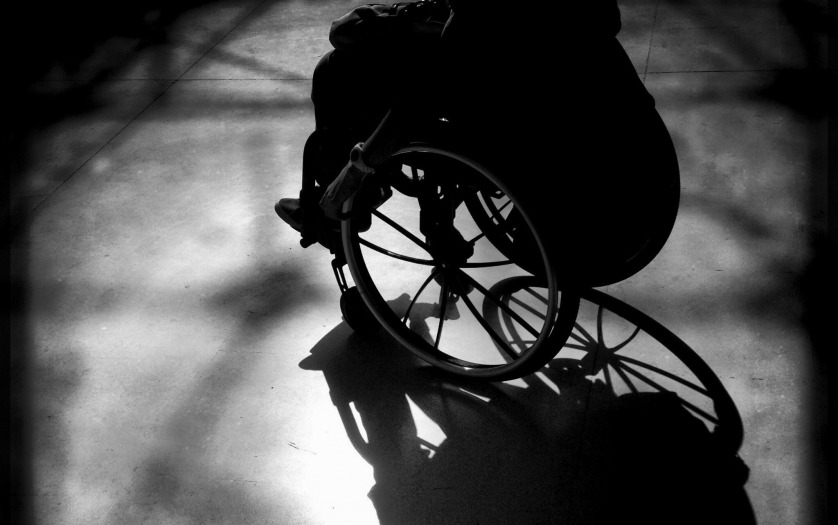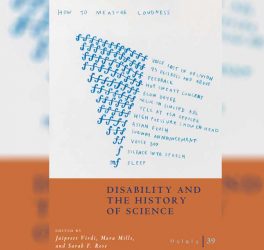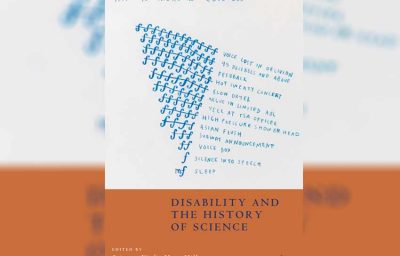
A Portland City Auditor report determined that existing emergency plans do not sufficiently meet the needs of people with disabilities, reported KGW8.
Portland failed to ensure proper emergency support for people with disabilities during the COVID-19 pandemic and is forecast to repeat these shortcomings during future disasters like a major earthquake, according to an audit report released by the office of City Auditor Mary Hull Caballero.
“The length of the pandemic provided the City with an opportunity to test and refine its response across individuals and groups without the physical destruction of an earthquake or wildfire,” Hull Caballero said in a statement. “It also exposed how unprepared the City is to assist people with disabilities, no matter the type of emergency.”
The absence of preparedness raises the risk that the city could be met with lawsuits, according to the audit, or that the U.S. Department of Justice could launch an investigation and determine that Portland is in violation of the Americans With Disabilities Act (ADA).
The report primarily focuses on Portland’s Bureau of Emergency Management (PBEM), which is accountable for a large swath of the city’s emergency planning efforts. Mayor Ted Wheeler currently serves as the commissioner-in-charge of the bureau.
The audit discovered that PBEM does not, at this time, gather specific information about which specialized services are needed by Portlanders with disabilities in the after-effects of an emergency, such as customized notifications or accessible transportation and evacuation aid.
People with disabilities must be able to bring mobility devices and medical equipment with them during an evacuation, and they must be evacuated to a location that is fully accessible. PBEM’s emergency evacuation and transportation frameworks aren’t designed to ensure those needs are met, the audit revealed.
The city does have a voluntary list called the Additional Needs Registry, but the audit found that very few know about it and that the list is not used to develop PBEM plans. No city department “took ownership” of the tool or made significant efforts to improve it, the audit stated.
As well, the audit disclosed that PBEM does not have any accredited staff to adequately plan for the needs of people with disabilities. Unlike other cities, PBEM does not have an appointed coordinator to uphold compliance with federal law and provide staff training on disability-related issues.
The audit also chastised the Portland’s Emergency Coordination Center, which is utilized during large-scale emergencies and serves as the prime operational hub for city responders and assistance, for having no ADA-specific management positions until recently, when an Equity Officer was hired during the COVID-19 pandemic.
The total absence of preparation risks the lives of people with disabilities, the audit concluded, and enhances the chance that Portland may be sued or subjected to a Dept. of Justice review for ADA compliance. Other major cities including Los Angeles, Denver and New York have been forced into litigation in the past for overlooking the needs of people with disabilities in their emergency planning, the audit noted.
“When people with disabilities are not considered and involved in disaster planning, people with disabilities die needlessly in the next disaster, often in large numbers,” Disability Rights Oregon Deputy Legal Director Thomas Stenson wrote in a letter, concurring with the audit’s findings.
The audit outlined several recommendations for PBEM to streamline the city’s emergency planning and provide improved leadership, including giving proper attention to ADA compliance.
One of the recommendations is to re-examine the Additional Needs Registry and decide to either discontinue it or update it to ensure it’s working as intended and fully complies with ADA guidance from the Department of Justice.
Another recommendation involves PBEM constructing a plan with key markers to overhaul Portland’s various emergency plans to properly account for the needs of people with disabilities. The city should also employ or specify staff to become all encompassing in matters of ADA and ratify the disability advocate positions that were added to the Emergency Coordination Center structure during the pandemic.
Wheeler and PBEM Interim Director Jonna Papaefthimiou pronounced agreement with the majority of the recommendations in a letter released alongside the audit, although they felt that the report overlooked some of PBEM’s current equity actions during the pandemic and did not “acknowledge resource constraints within the bureau.” They also challenged the opinion that the bureau failed to meet DOJ guidelines or exposed itself to lawsuits.
They vowed to re-examine the Additional Needs Registry next year, and said they agreed with the recommendation to create a plan with specific milestones for revamping the city’s emergency plans.
They also agreed to tout the hiring of an emergency management planner with ADA expertise, and said they would request the required funding during the 2022-23 budget process, along with funding to further train staff on disability awareness.








